Dhaka, January 3, (V7N) - The residents of Dhaka woke up to a city enveloped in a thick blanket of fog on Friday, transforming the normally bustling capital into a misty, eerie realm. The streets, dampened by a drizzle-like fog, saw vehicles cautiously navigating through the haze, their headlights on well into the morning.
By 9:30 am, the sun had failed to pierce through the grey skies, intensifying the wintry chill. Despite it being a weekend, the usually crowded streets appeared relatively quieter, though those braving the outdoors were met with the biting cold and persistent fog. Even those layered in multiple warm garments struggled against the numbing temperatures.
The city’s laborers and homeless population faced the harshest conditions, relying on minimal warm clothing and longing for even a faint hint of sunlight. For these vulnerable communities, the cold proved especially unforgiving.
Bangladesh Meteorological Department Forecasts Continued Cold
The Bangladesh Meteorological Department (BMD) has predicted that the dense fog and cold conditions are likely to persist. A bulletin released on Thursday night suggested that both day and night temperatures may rise slightly by Sunday, but the fog is expected to continue causing intense cold sensations in certain areas.
Moderate to dense fog is forecast to persist from midnight to midday, potentially disrupting air travel, inland waterway transport, and road communication. The BMD further indicated that the weather will remain dry in the coming days, with skies expected to stay partially cloudy. However, light rain or drizzle could occur in the northern regions early next week.
Regional Cold Wave Affects South Asia
International weather agencies have also noted the severity of the current winter. AccuWeather reports that the cold snap in Bangladesh is part of a broader regional pattern affecting South Asia, with below-average temperatures observed in parts of India and Nepal as well.
The UK Met Office has warned that such dense fog, combined with low temperatures, increases health risks, particularly for vulnerable groups, including the elderly and those without adequate shelter.
As the dense fog continues to grip the capital and beyond, Bangladesh’s most underprivileged communities are bearing the brunt of the cold. Street dwellers and daily wage earners, struggling to stay warm without proper winter clothing, are often seen huddling around makeshift fires or crowding donation points in search of blankets and other forms of warmth.
The worsening cold highlights the need for greater attention to the plight of these vulnerable populations, as the resilience of the nation’s poorest is severely tested.
With Dhaka enduring another frigid spell, residents hold on to the hope of brighter skies and warmer days ahead, even as the cold persists, challenging both the people and the city's infrastructure.
END/CLM/RH/



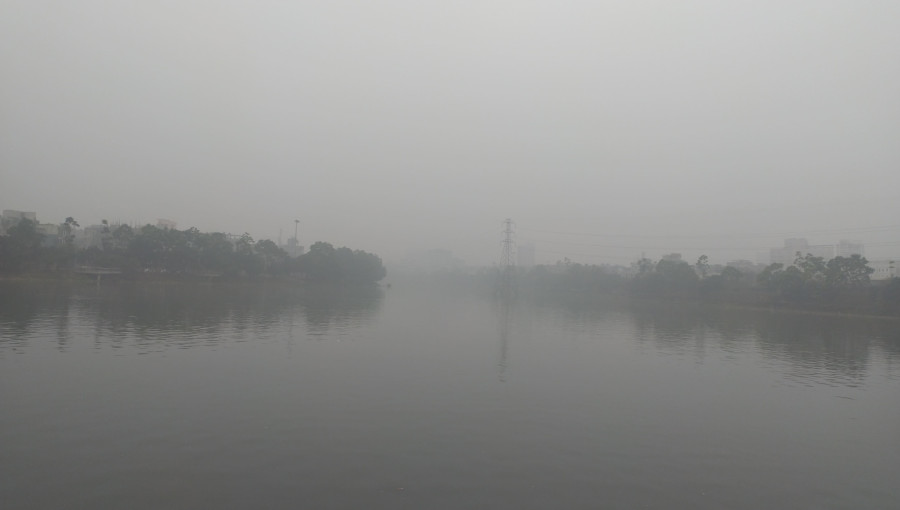


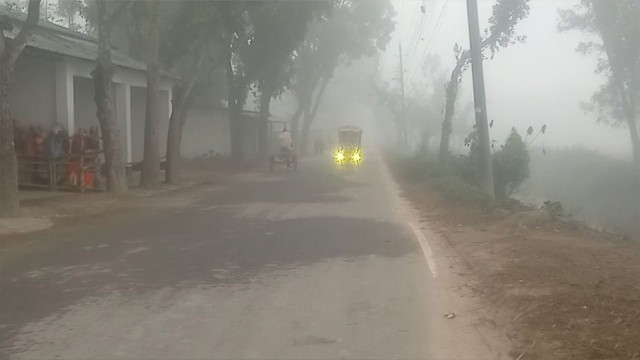

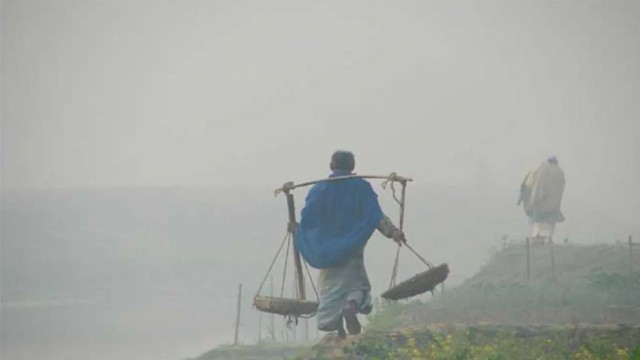
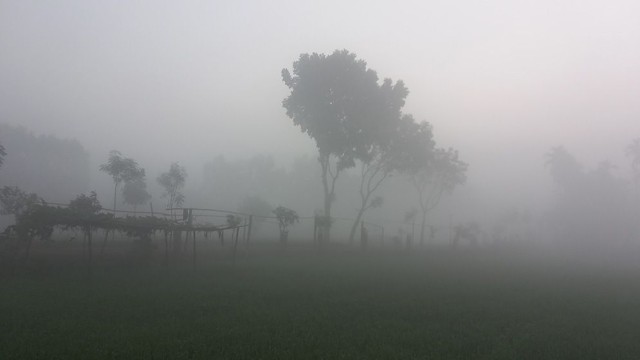

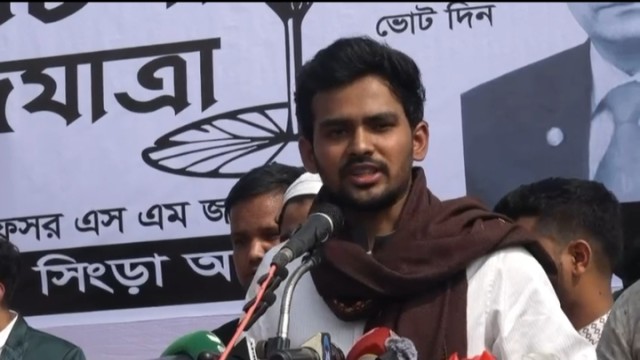
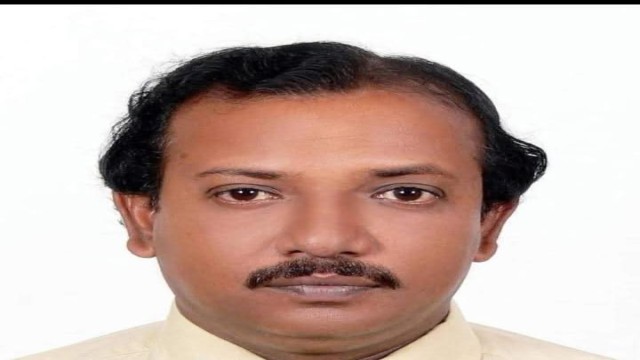


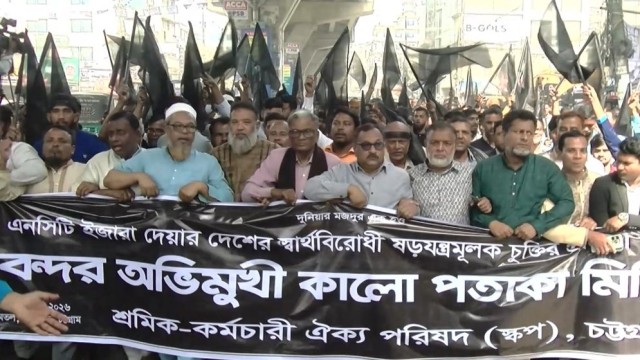
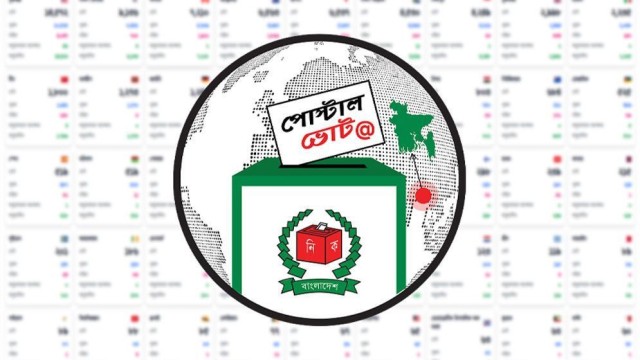
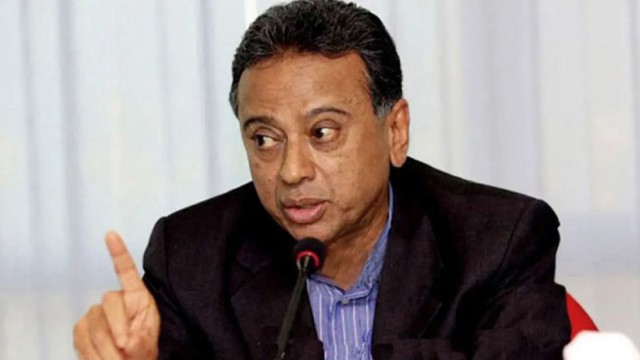

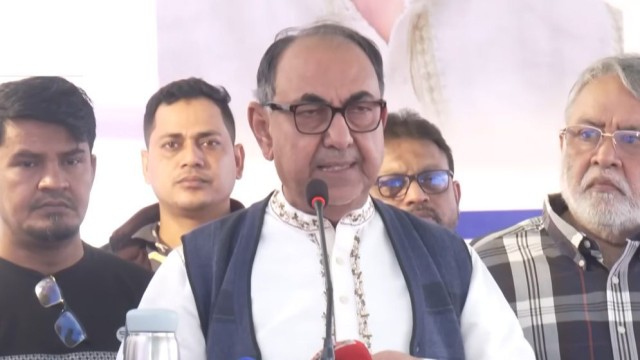








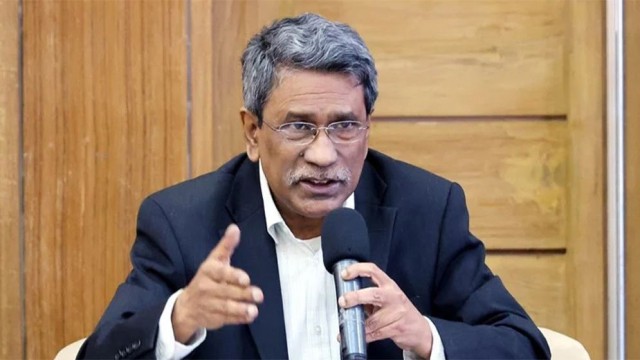
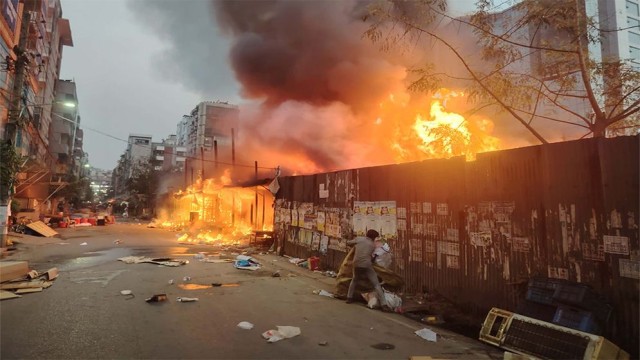

Comment: